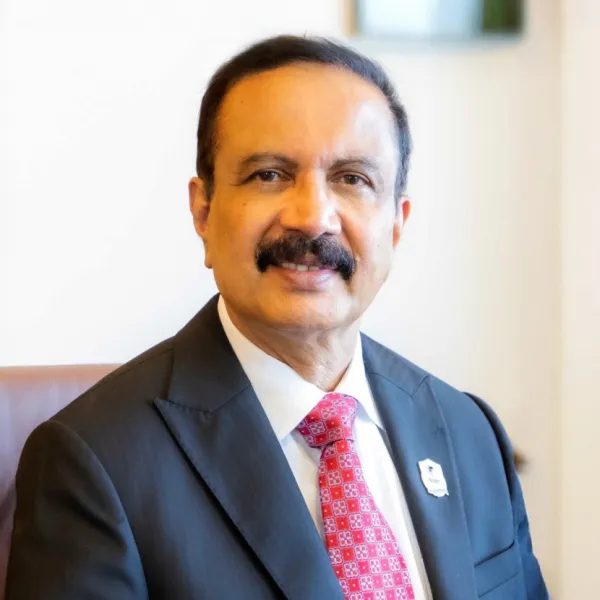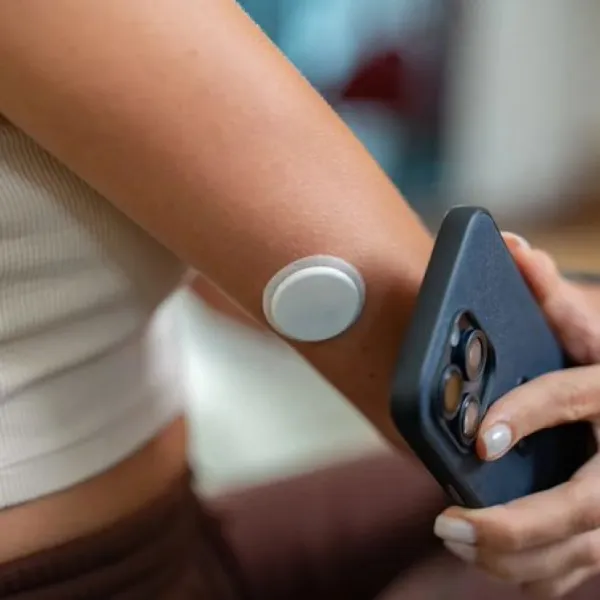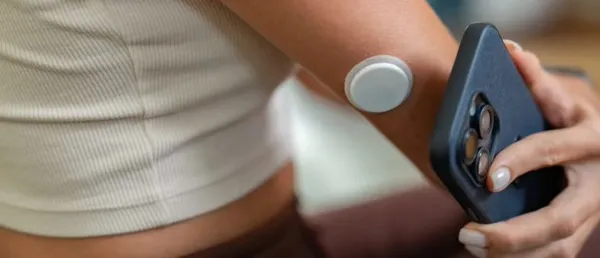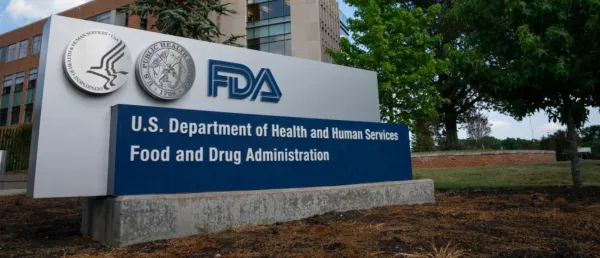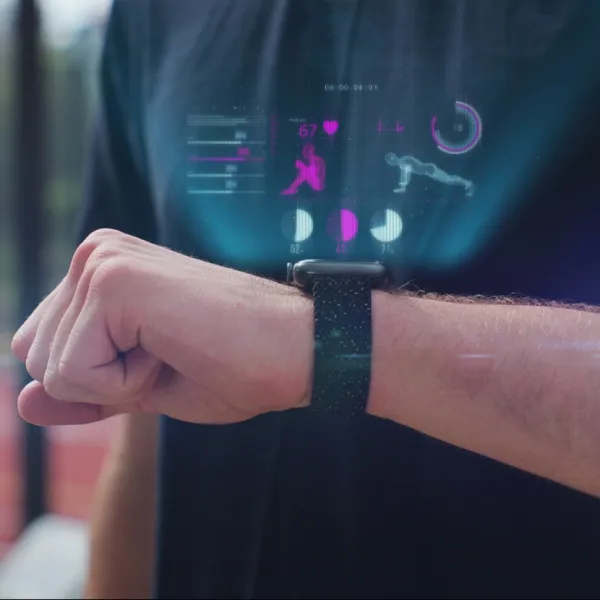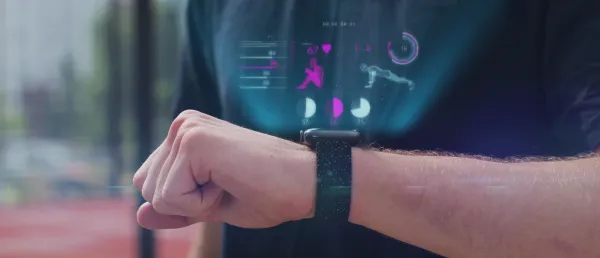Centre Issues Advisory to States Amidst Surge in Covid Cases and JN.1 Variant Detection

The advisory urged states to monitor and report influenza-like illness (ILI) and severe acute respiratory illness (SARI) cases district-wise, emphasising the importance of early detection of rising trends.
In response to a spike in COVID-19 cases and the identification of the JN.1 variant in India, the Centre issued a proactive advisory to all states, urging constant vigilance
Advisory Stresses Early Detection and Vigilance
The advisory emphasised the need for states to closely monitor and report influenza-like illness (ILI) and severe acute respiratory illness (SARI) cases at the district level.
The objective was to detect rising trends early on. Union Health Secretary Sudhansh Pant, in a letter to states, stressed the importance of sustained efforts in facing the challenges posed by the virus.
Pant highlighted the need for ongoing vigilance, considering the virus's behaviour in the context of Indian weather conditions and the presence of other common pathogens.
He stated, "The COVID-19 virus continues to circulate, and its epidemiology behaviour gets settled with Indian weather conditions and circulation of other usual pathogens."
With the festive season approaching, states were advised to implement public health measures to minimise the risk of disease transmission. Focus areas included adherence to respiratory hygiene practices and effective compliance with revised surveillance strategies.
Testing and Preparedness Crucial in the Fight Against COVID
States were urged to conduct adequate testing as per COVID-19 guidelines, with an emphasis on increasing RT-PCR tests and sending positive samples for genome sequencing. Active participation in drills conducted by the Union Health Ministry to assess preparedness and response capacities was also recommended.
The advisory underscored the significance of promoting community awareness and seeking public support in managing COVID-19, with an emphasis on respiratory hygiene.
As of December 18, a total of 1,828 active cases were reported across the country. The Centre's proactive approach aimed to ensure a resilient response to the evolving challenges posed by the ongoing pandemic.
Healthcare Initiatives in the Fight Against COVID
In related developments, Qure.ai collaborated with PATH India in September to enhance tuberculosis and COVID-19 screening in Maharashtra. The AI-powered qXR software improved chest X-ray analysis, contributing to more effective screening for TB and COVID-19.
Additionally, in March, Bill Gates praised India's Covid-19 management after meeting with Health Minister Mansukh Mandaviya. Discussions included India's vaccination drive and digital health initiatives, with Gates commending the country's pandemic management.
They also touched on schemes such as the Pradhan Mantri Bhartiya Janaushadhi Pariyojana and eSanjeevani, a national telemedicine service.
Additionally, during the second wave of COVID-19, Indian startups launched 'COVIDASHA,' a technology solution to battle the pandemic. Engati, PharmEasy, VMedo, StanPlus, and The Better India created the chatbot platform, providing verified information and resources.
wellOwise, an AI-based precision healthcare startup, introduced a Vaccine Slot Finder and a personalised diet program for COVID-19 recovery.
Also, Dozee launched the MillionICU initiative, raising funds to upgrade normal beds into step-down ICUs in government hospitals across India.
These collective efforts by healthcare companies played a crucial role in mitigating the impact of the COVID-19 crisis in India, providing relief and support to those affected.
Stay tuned for more such updates on Digital Health News









